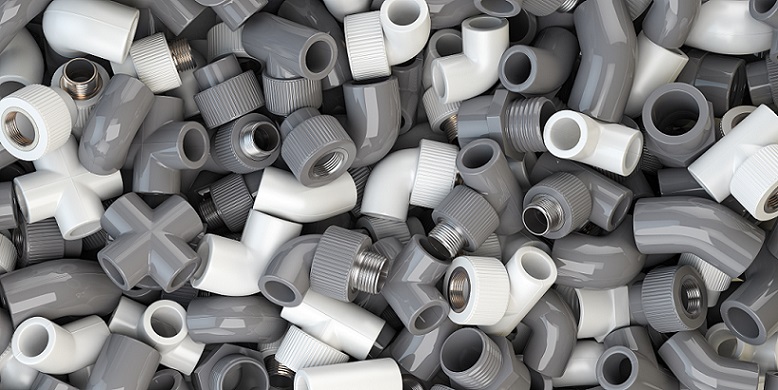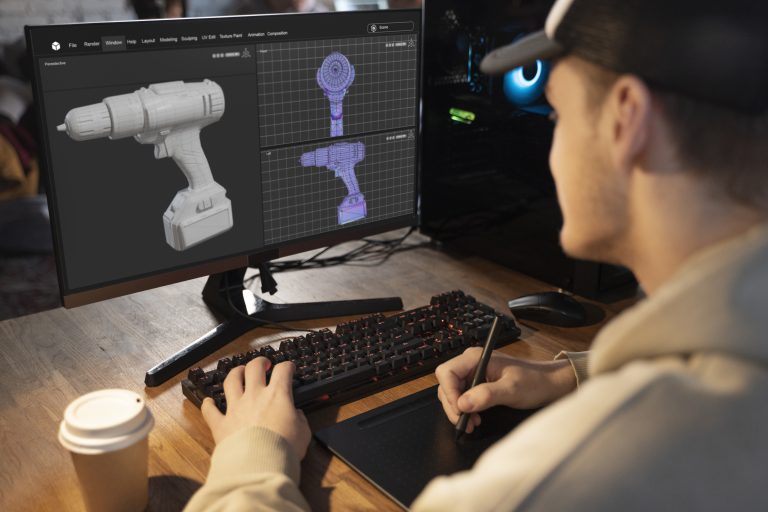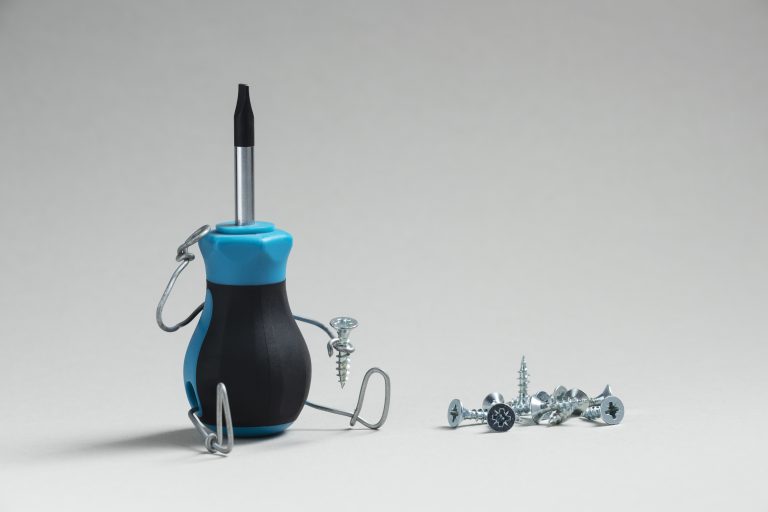Flexible plastic tubing is pretty much ubiquitous across all sectors and industries; such is its effectiveness and versatility. It comes in a range of sizes and diameters suitable for applications ranging from medical tubing to large, underground pipes. Different plastic compounds make up different types of flexible plastic tubing using the plastic injection moulding manufacturing method. Plastic injection moulding allows for complex design, precise numbers of units, high levels of accuracy and stringent control checks to meet exacting customer specifications.
Why choose plastic for flexible tubing?
Plastic offers a large number of advantages to tubing manufacturers over other materials, such as metal or rubber. It is light in weight and easy to manipulate into the required shape. In addition, plastic is very robust and able to withstand heavy use in demanding environments. It is resistant to corrosion, rust and chemical damage. Plastic can be easily maintained and cleaned to retain an attractive finish. It also offers excellent hygiene properties, making it ideal for medical-grade applications and food and beverage packaging.
Finally, flexible plastic tubing can be made transparent or opaque, clear or coloured, branded or plain, depending on what it is needed for. Many plastic polymers are easy to recycle, too, helping customers reduce their carbon footprint and produce less waste. Excess plastic polymers that are not used in the manufacture of flexible tubing can be kept for use in another project, saving even more resources.
What types of plastic are used for flexible tubing?
There are many different types of plastic polymers, but not all of them are suitable for making flexible plastic tubing. This is due to their physical and working properties because flexible tubing needs to be able to bend and stretch. Here are some examples of commonly used plastic tubing materials.
Nylon or polyamide is a flexible plastic commonly found in environments requiring resistance to higher pressures, temperatures and chemical corrosion. As such, it is a useful material for the automotive industry and for industrial-strength ropes. It has excellent elastic memory, too, allowing it to be bent and stretched multiple times without becoming distorted.
Polytetrafluoroethylene (PTFE) is a fluoropolymer, which means that it contains carbons and fluorine to make it particularly resistant to solvents and acids. It remains flexible after manufacture and can withstand temperature extremes and other chemicals. Another name for PTFE is Teflon, and it is also resistant to sticky and viscous materials, which slide off its surface.
Another fluoropolymer that remains flexible is polyvinylidene fluoride (PVDF). It is also commonly used across many industries and sectors. It remains inert to most chemicals and solvents and can stand up to high and low temperatures and heavy use. It is also very strong, which ensures a long working life period and reduces maintenance costs in the longer term.
Low-density polyethene (LDPE) is inexpensive to manufacture, flexible, and withstand moisture and chemicals. It is often used for tubing applications and ‘food and drink’ plastic packaging and accessories.
Thermoplastic elastomer (TPE) has similar properties to rubber and is flexible and long-lasting. It is resistant to shock and harsh weather conditions and is often found in tubing form and surrounding wires. It is also used for tubular safety grips, handles and seals.
How to ensure high quality flexible plastic tubing?
All plastic injection moulded flexible tubing products must go through strict quality-control verification tests to ensure that the finished products fit their purpose. The injection moulding company normally does this as part of the complete on-site project performed for the customer. Areas include the tubing’s size, specifications, and diameter, as many applications require a very close, accurate fit. Otherwise, the tubing could become prone to incorrect fitting leaks, splits, and breakages.
Other quality checks to make around plastic injection moulding plastic products include minimum and maximum pressure ratings, which are a key performance indicator for tubes intended for flow applications, such as pipes or diagnostic and other medical equipment. Ensure the flexible plastic tubing has the correct minimum bend radius or how far its cross-section can be bent before it snaps or deforms.





